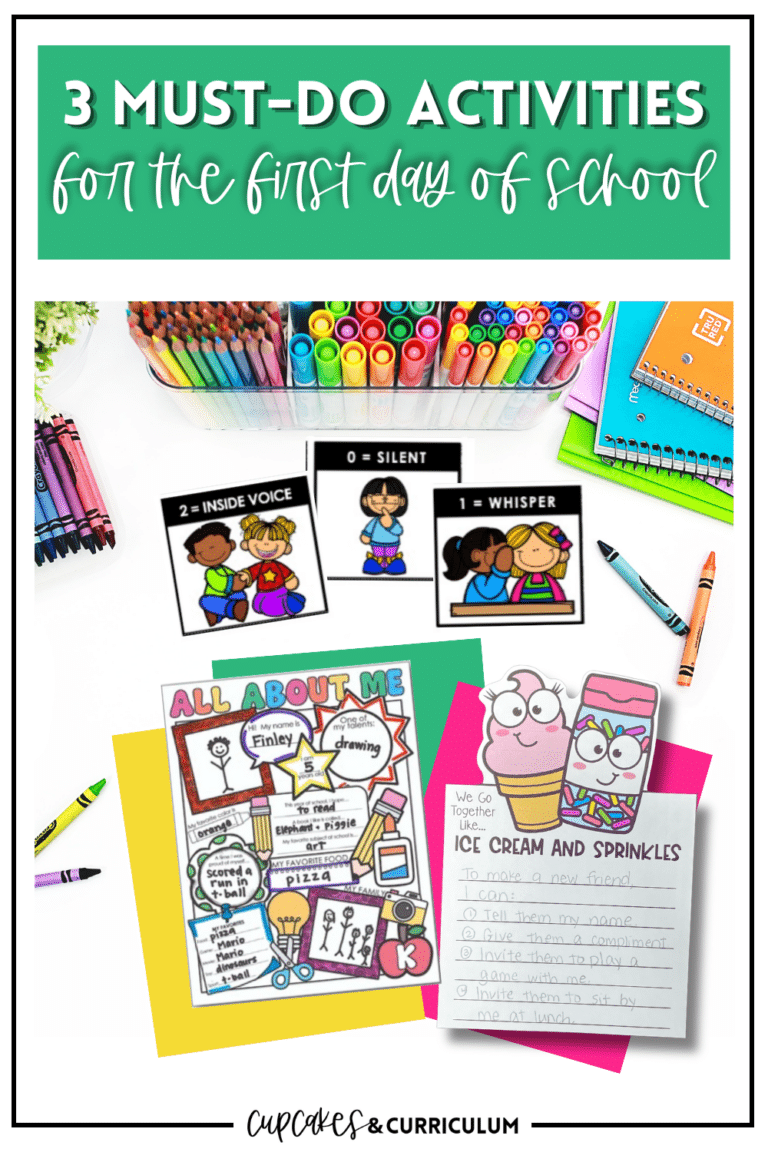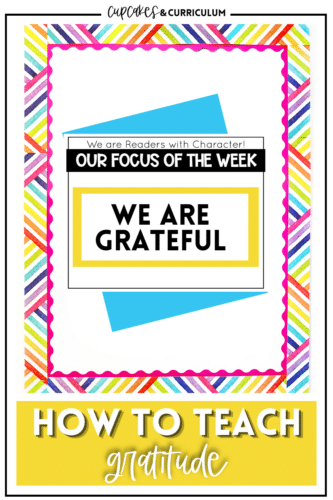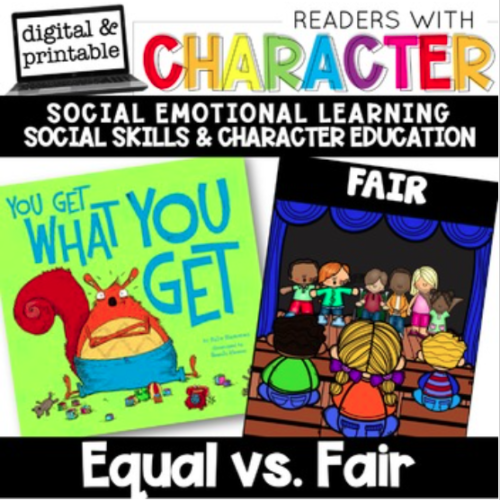

Character development for young students is so important. It previews who they will be when they are older and how they will see the world. Even so, teaching social-emotional skills doesn’t have to be a demanding task. You have so many challenges as a teacher and character education should be made a breeze for you.
Here are some tips to help you teach your students gratitude.
When real-life scenarios happen, use them as a teaching opportunity! It’s inevitable that the situation may arise one day during class when you hear the words, “That’s not fair!” Instead of sighing in the realization that you’re about to have to break up another ‘silly’ argument, get ready to seize this teachable moment!
This could be exemplified when a student gets upset because they didn’t get what they wanted. Or when they have an argument with another student over wanting what they have. You can explain that comparison is the thief of joy and why they should be grateful for what they have rather than focusing on what one person has different than them.
Another great way for children to learn these skills is to see them in action through multiple instances. So, you can create a situation that can be used as an example. I find that doing this after the real-life situation presents can help reinforce this skill to be used in different concepts.
By doing this, you can consciously and openly be grateful for even the small things in front of your students. You can be overly thankful when a student does something kind for you or a peer. Making a big deal out of this shows how important these acts are. You can also set aside time each morning to ask the class what they are grateful for as they settle into the room. This is a great way to see their gratitude in action.
The absolute best way to teach your students gratitude is to use a Social Emotional Learning lesson on gratitude. I made a complete unit that helps you take your students through this character development in depth. You can use this tool for 15 minutes a day for 5 days.
It includes a book with a character named Melvin who has a very hard time coping with not getting his way. It then shows how Melvin learns to be grateful for what he has instead of throwing fits and being upset. Through this book, your students learn how to be grateful for what they are given and it even sparks a conversation on equal vs fair.
There is also a home connection paper for parents. Social-emotional skills truly develop in the home. So, it is important to include parents in character development lessons as they can be a huge help from home as well. You can grab these lessons here.
